
No Matter How Dirty You Are, Absolutely AVOID These 7 “Dangerous Hours” When Washing Your Hair to Prevent Stroke, Sudden Illness, or Hospitalization Without Warning
Taking a shower and washing your hair helps keep your body clean and relaxed. However, if not done properly, it can pose serious health risks. Below are 7 critical times you should absolutely avoid washing your hair to prevent sudden health issues.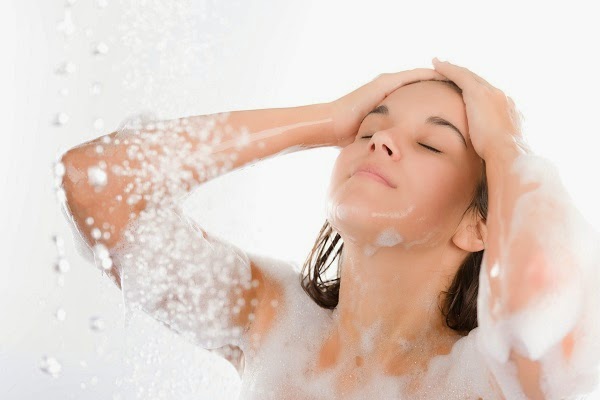
1. Washing Hair Early in the Morning
Washing your hair immediately after waking up can cause hair loss and headaches. Why? Because right after sleep, your blood circulation is still slow. Washing your hair at this time can lead to dizziness, headaches, catching a cold, or even fever.
Moreover, early morning temperatures are usually low. Washing your hair at this time may cause you to catch a severe chill, leading to dizziness, vertigo, or in extreme cases, a stroke. If you really need to wash your hair early, wait at least 30 minutes after waking up, use warm water, and dry your hair immediately afterward.
2. Washing Hair When You Are Too Full or Too Hungry
Washing your hair right after a large meal or when you are very hungry can disrupt your digestion. This may lead to stomach pain, nausea, dizziness, and in severe cases, endanger your life. Your body’s energy is focused on digestion or is low due to hunger, so adding the stress of washing hair can cause complications.
3. Washing Hair Late at Night
Many women suffer from chronic headaches or vertigo for years without realizing that one cause could be washing their hair late at night and not drying it properly before sleep.
Avoid washing your hair after 11 PM, and never go to bed with wet hair. Sleeping with damp hair impairs blood circulation and may trigger migraines or neurological headaches.
4. Washing Hair When You Are Sick or Have a Fever
When your body is weak and your immune system is compromised during illness or fever, exposure to cold water or sudden temperature changes can worsen symptoms. Headaches may intensify, and you might catch a chill—a condition known in traditional Eastern medicine as “Phong Hàn” (wind-cold syndrome), which can be very dangerous and even life-threatening.
5. Washing Hair During Menstruation
During menstruation, many women like to wash thoroughly to feel clean. However, studies show washing hair during this sensitive period can cause blood to rush away from the uterus to the scalp, disrupting blood flow in the reproductive organs. This may lead to incomplete menstrual discharge, reduced blood flow, and abdominal cramps.
Also, washing hair during menstruation can cause scalp blood vessels to dilate, making you more vulnerable to catching cold and headaches.
6. Washing Hair Immediately After Exercise
After exercising, many want to wash off sweat right away. However, it's best to wait until your body cools down and sweat dries naturally before washing to avoid catching a chill or sudden illness.
7. Washing Hair After Drinking Alcohol
Never wash your hair right after drinking alcohol. Doing so can cause dizziness, fainting, or vomiting. People with heart conditions should especially avoid cold water on their scalp after drinking.
Additional Harmful Habits to Avoid When Bathing or Washing Hair:
1. Overusing Body Wash
Many body washes contain chemicals like lauryl amidopropyl betaine and BHT, which can penetrate skin quickly. Long-term excessive use can cause dryness, allergic dermatitis, and accumulation of harmful chemicals under the skin. Choose simple formulas and use a small amount each time.
2. Bathing with Water That’s Too Hot
Warm water is good for the body and helps prevent chills, but very hot water damages skin, dilates capillaries, and causes dryness and cracking. It also stresses the heart because all skin blood vessels dilate, reducing oxygen supply to the heart. The ideal bathing temperature in winter is between 24–29°C (75–84°F).
3. Washing Hair Before Body Wash or in the Wrong Order
The proper order is: wash your face, then your body, and finally your hair. If it’s winter, rinse your feet with warm water first to help your body adjust to the temperature. Don’t wash hair first and then body because sudden temperature changes can disrupt blood flow and cause dizziness.
4. Going to Sleep Immediately After Bathing
Hot water raises your body temperature and suppresses brain activity needed for deep sleep. Going to bed immediately after bathing makes it hard to fall asleep. Ideally, shower 1–2 hours before bedtime. If time is tight, simply wipe your forehead and neck with a cool damp towel for 5 minutes to normalize body temperature.
Final Advice:
Understanding and avoiding these risky times and habits when washing hair and bathing can help you maintain your health and prevent sudden illnesses like stroke, migraines, and infections. Your body needs gentle care, especially during sensitive periods such as illness, menstruation, or after physical activity.
News in the same category

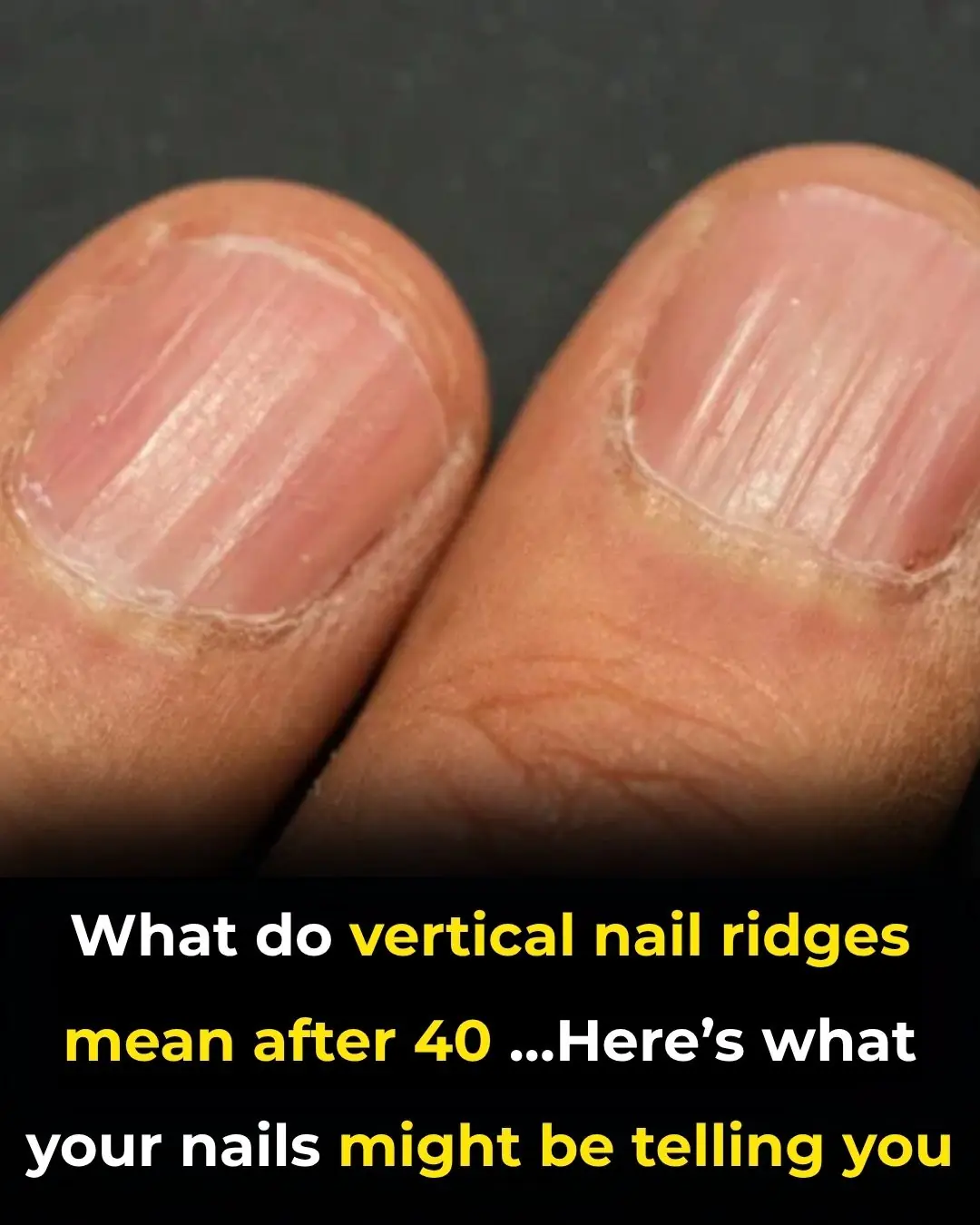
What Do Vertical Nail Ridges Mean After 40

What Your Favorite Ice Cream Flavor Says About You

Eggplant The King of Vegetables

9 super effective 'anti-cluster' foods that help increase outstanding resistance

Drinking honey in the morning is good for digestion, but drinking it at 3 o'clock in the morning detoxifies the liver, making it twice as effective

Put this thing in a lemon and put it in the corner of the house. Once the mosquitoes go away, they won't come back

The Mystery of the Milk Bottle Dent

Easy Trick Will Defrost Your Car Window in Seconds

Drink 1 of these 5 drinks every morning and cancer will stay away 👇👇

Red beetroot: "Miracle drug" that cures many diseases but not everyone knows 👇👇
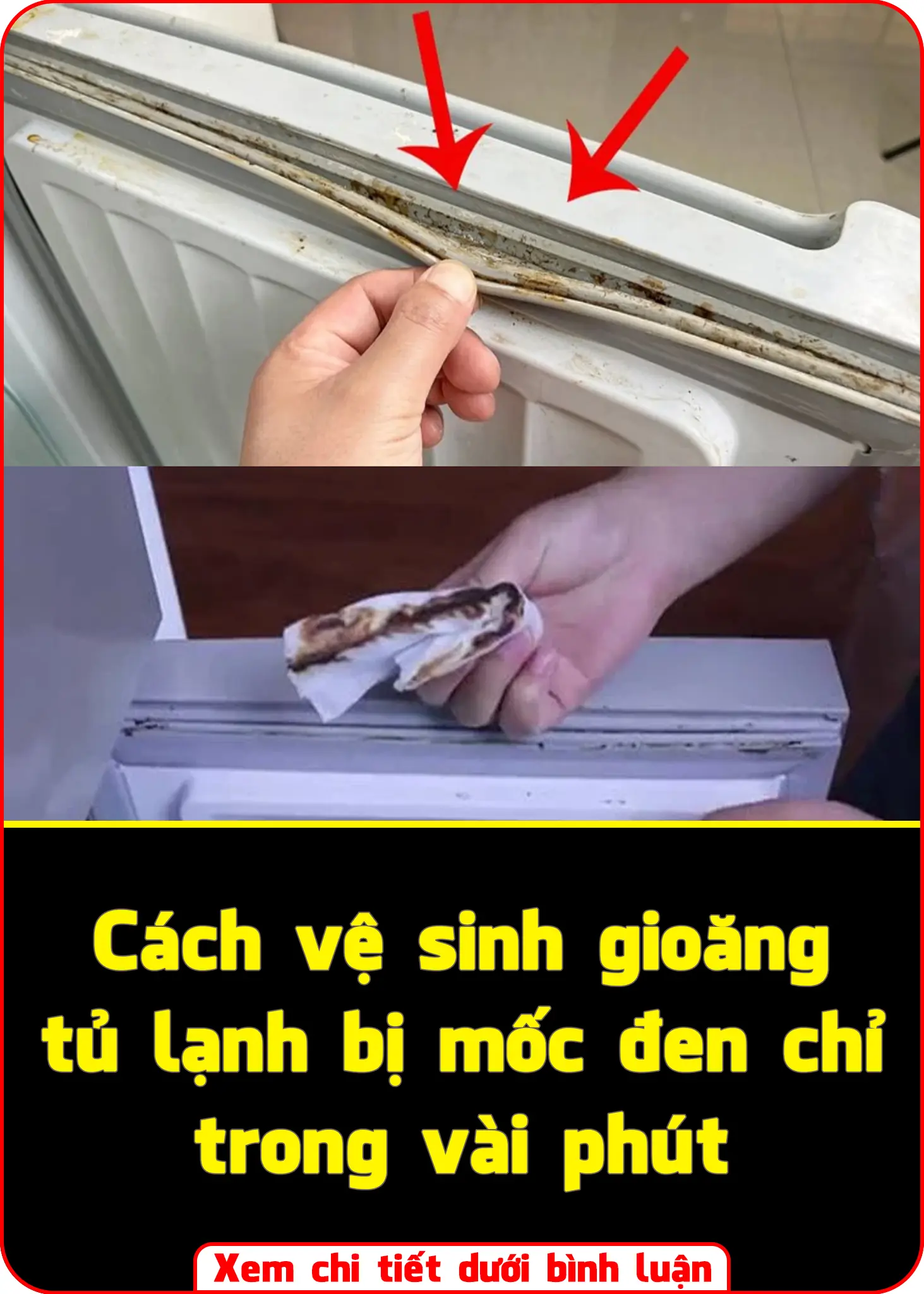
The refrigerator gasket is moldy, use this to clean it, it will be clean in just 5 minutes

How to make chicken mixed with Vietnamese coriander that the whole family will love

The fruit that grows in gardens and is rarely eaten turns out to be an autumn 'miracle drug', better than ginseng and bird's nest.

It's been a long time since I've seen this plant. It has good effects but is hard to find.

5 types of water good for your kidneys: Especially the first type, it's free and the more you drink it, the longer you live.

How to wash hair with betel leaf water helps reduce hair loss and makes new hair grow continuously

How to grow papaya in pots, fruit is heavy, big and sweet

Save millions of electricity bills every year by knowing how to clean this part of the rice cooker
News Post

Growing Wildflowers: A Mother’s Journey Through the Chaos

The Baby in Princess Diana’s Arms

A Lifetime in Bloom: Lois Shows Us What Passion Truly Grows

Farewell to a Giant Soul: Vatsala the Elephant Passes at 100
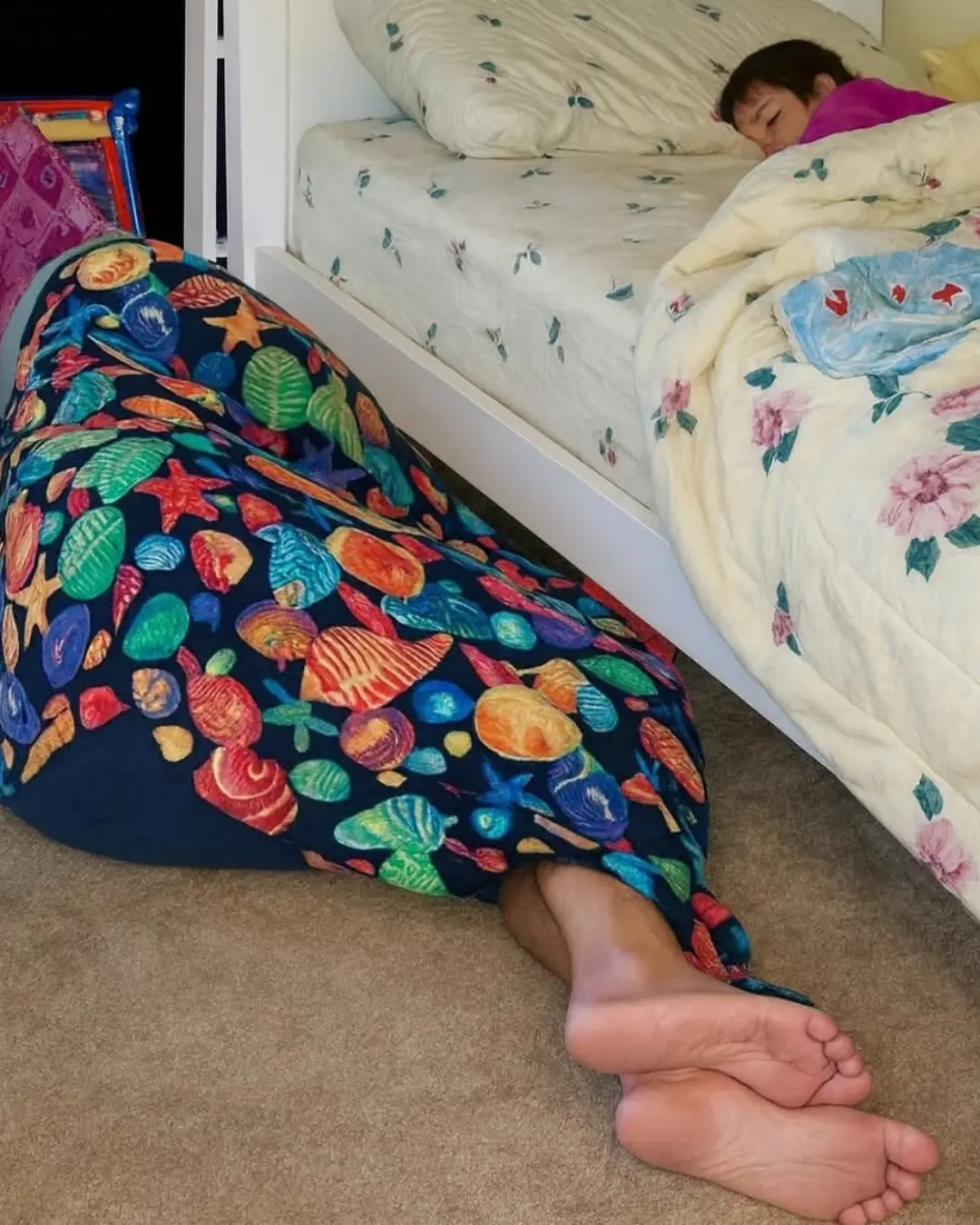
Keeping the Monsters Away: The Quiet Heroism of Foster Parents

From Sidewalk to Forever: A Daughter’s Choice That Changed Everything

A Thirst for Life: Cyclists Halt Ride to Save Parched Koala in Australia’s Heatwave

An Actor’s Greatest Role: Morgan Freeman Becomes a Guardian of Strays
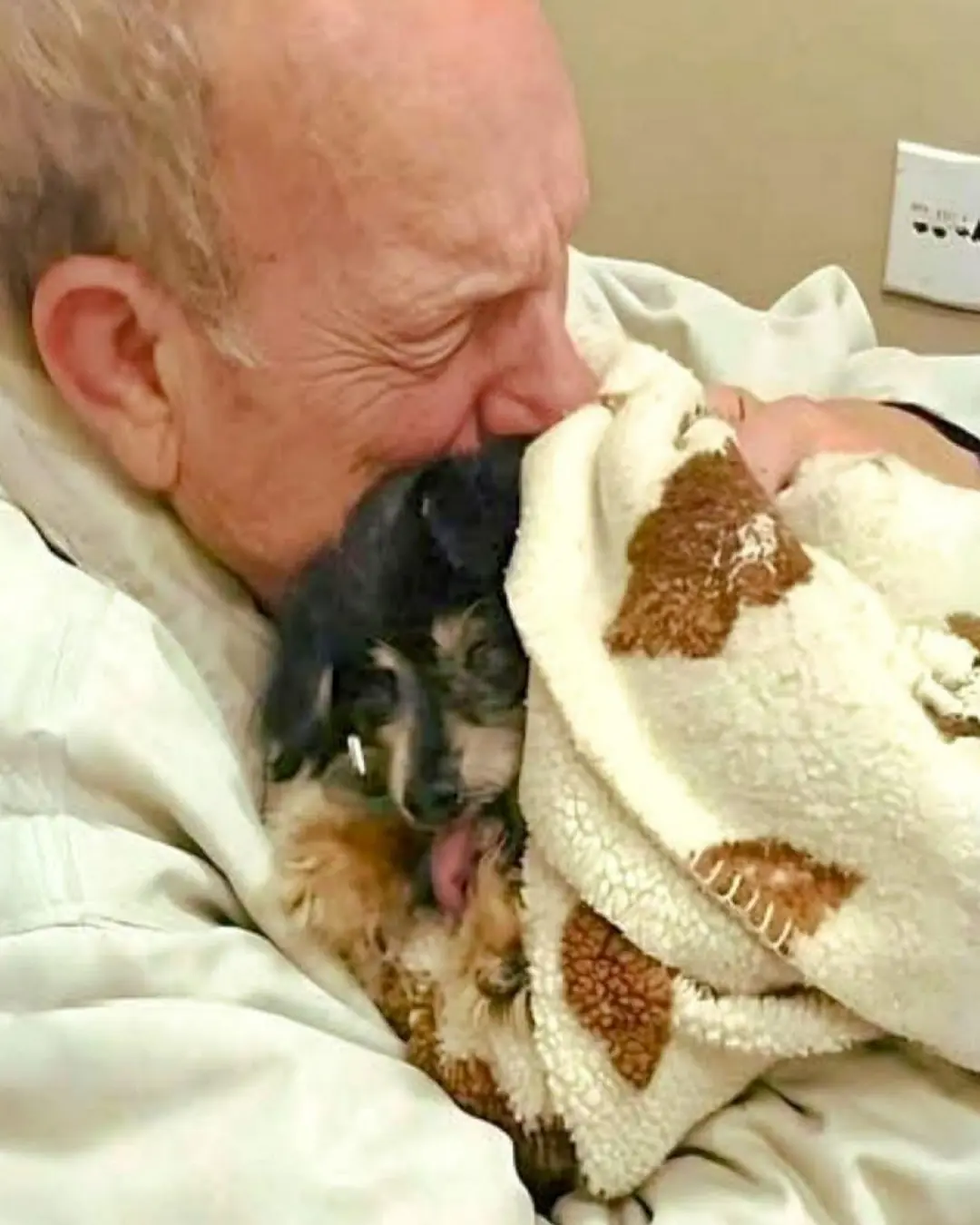
When a Celebration Became a Goodbye: A Daughter’s Farewell to Her Faithful Companion

Bella the Hero: How a Pit Bull’s Loyalty Saved a Life

3 Common Mistakes When Using Plastic Wrap That Can Cause Cancer and Are Often Made by Many People

A Kiss from Joy: The Language of Love Between Elephants and Humans

What Do Vertical Nail Ridges Mean After 40

A Brave Fight for Life: Kuba’s Battle Against Ewing’s Sarcoma
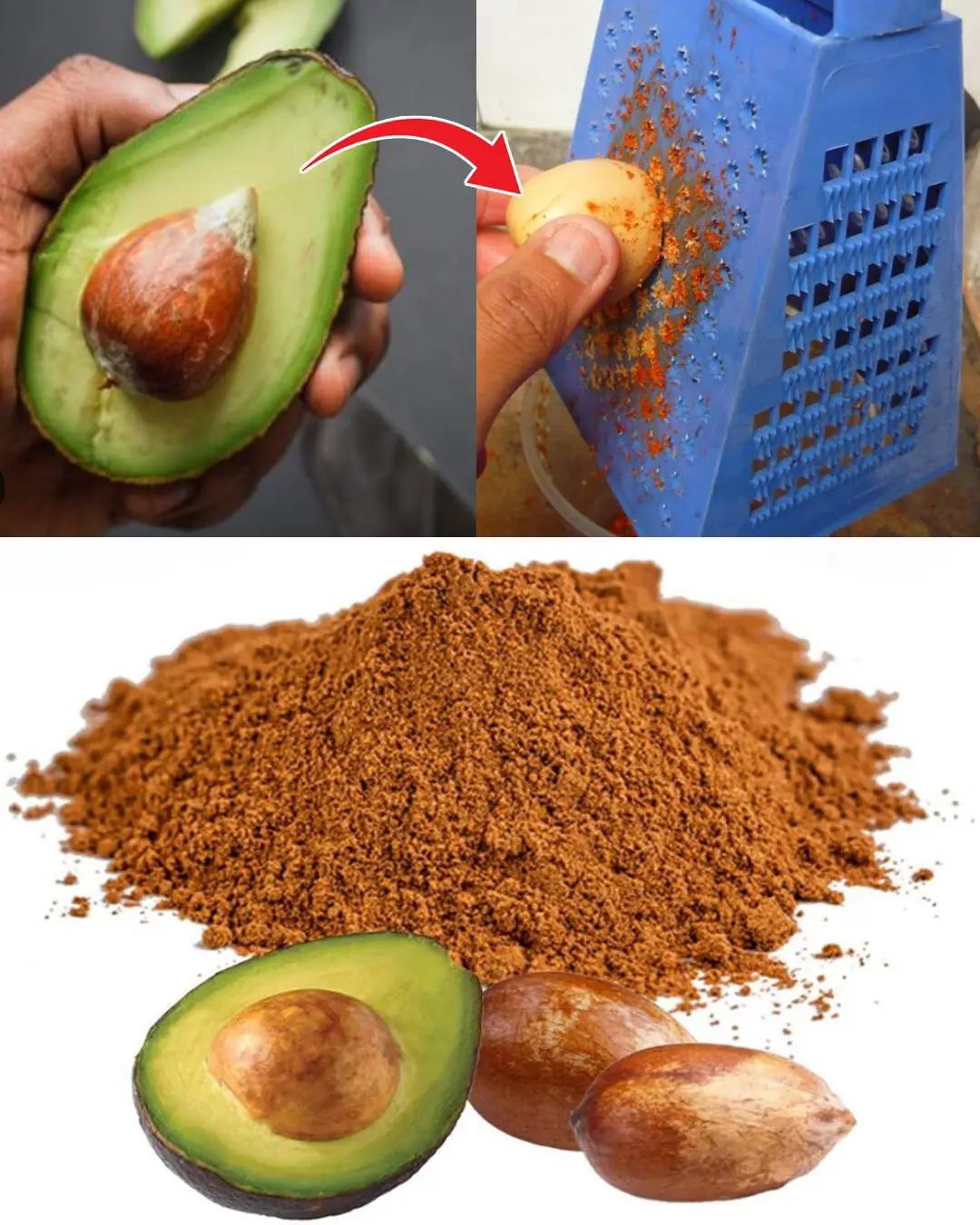
Avocado Seeds Benefits: 7 Reasons to use them
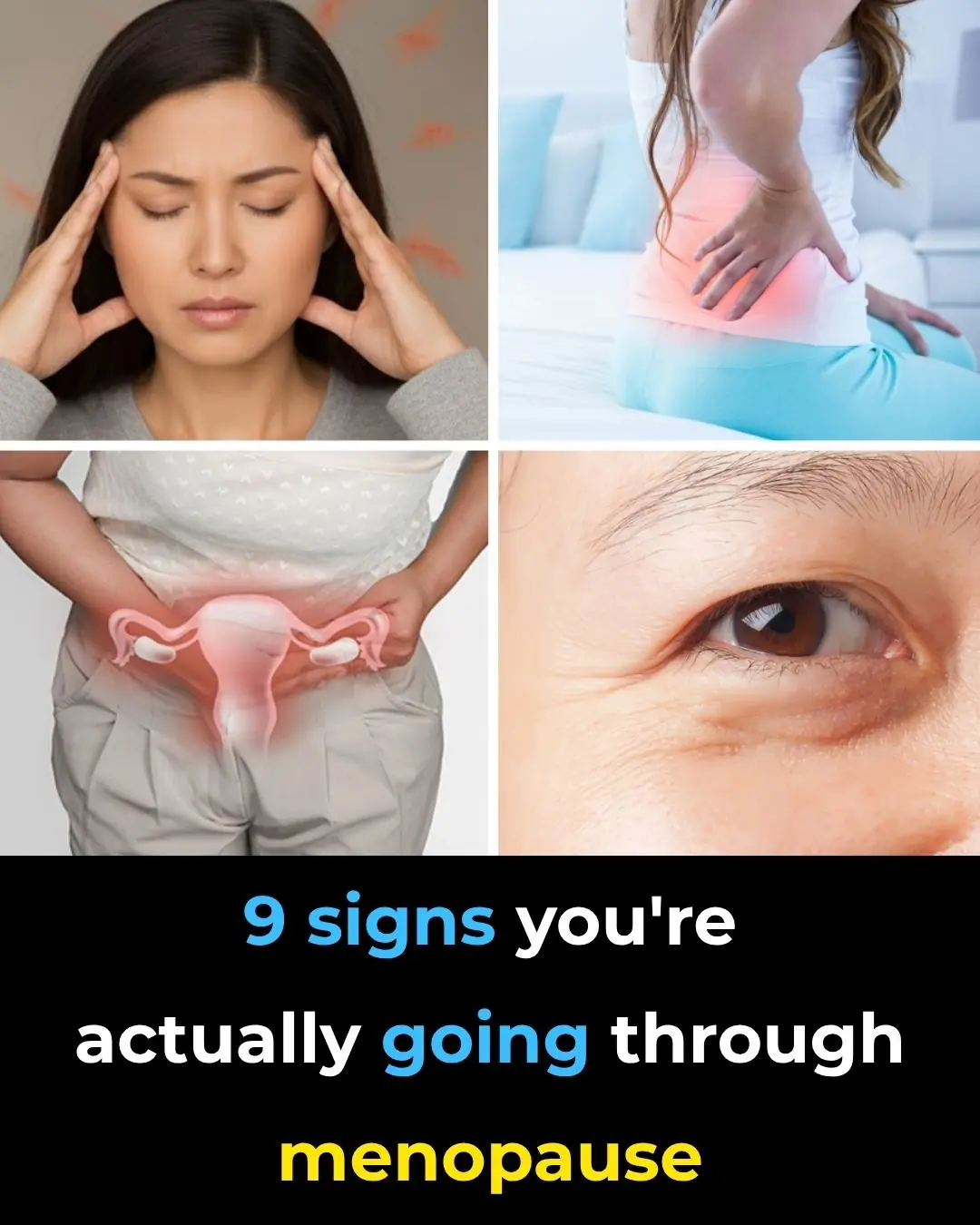
9 Signs You’re Actually Going Through Menopause (Even If You Didn’t Realize It)
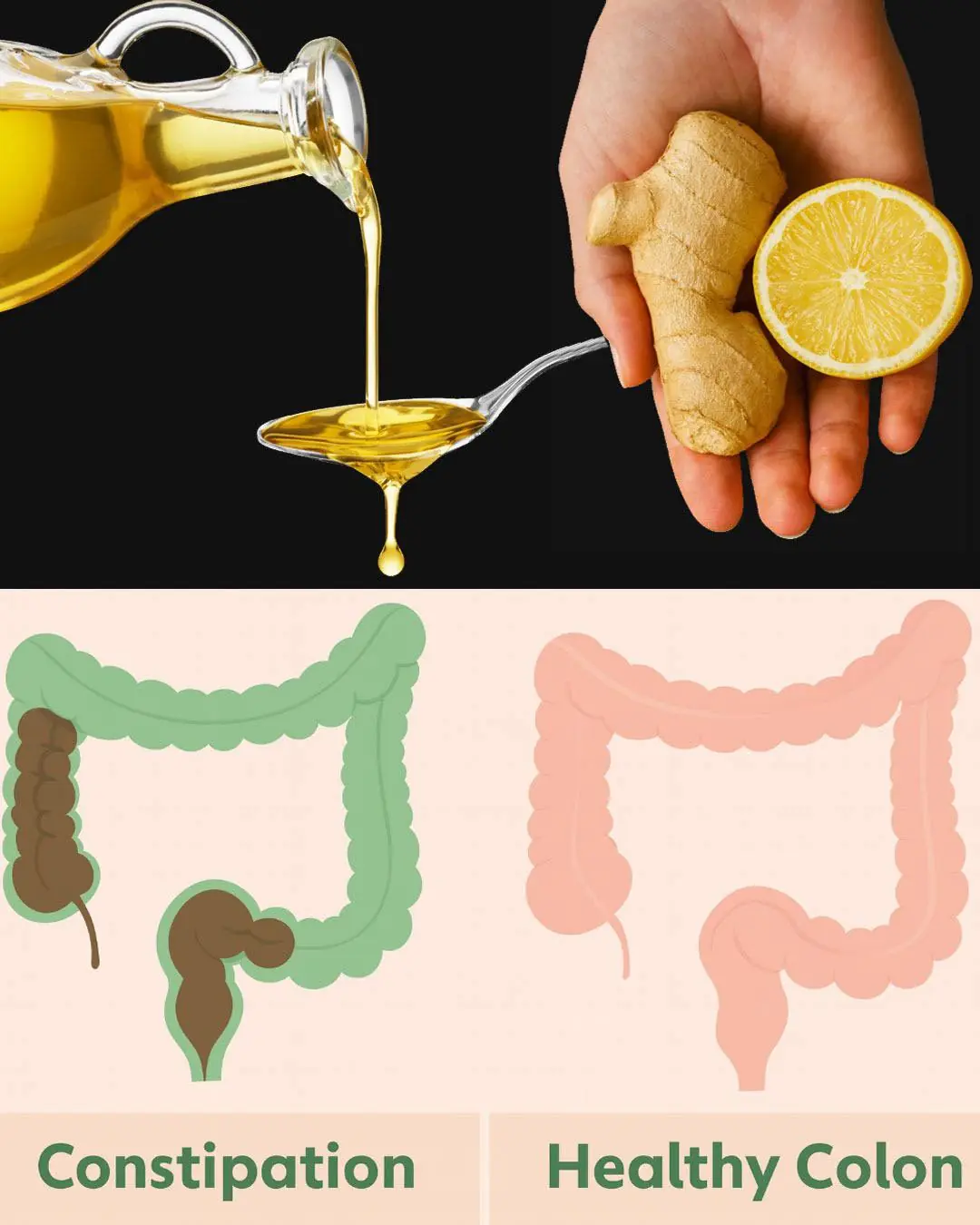
Morning Detox Elixir: Olive Oil, Lemon & Ginger – The Natural Cleanse You Need Daily

Nine Children in Dawsonville Get the Gift of a Bed, Comfort, and Peaceful Sleep
